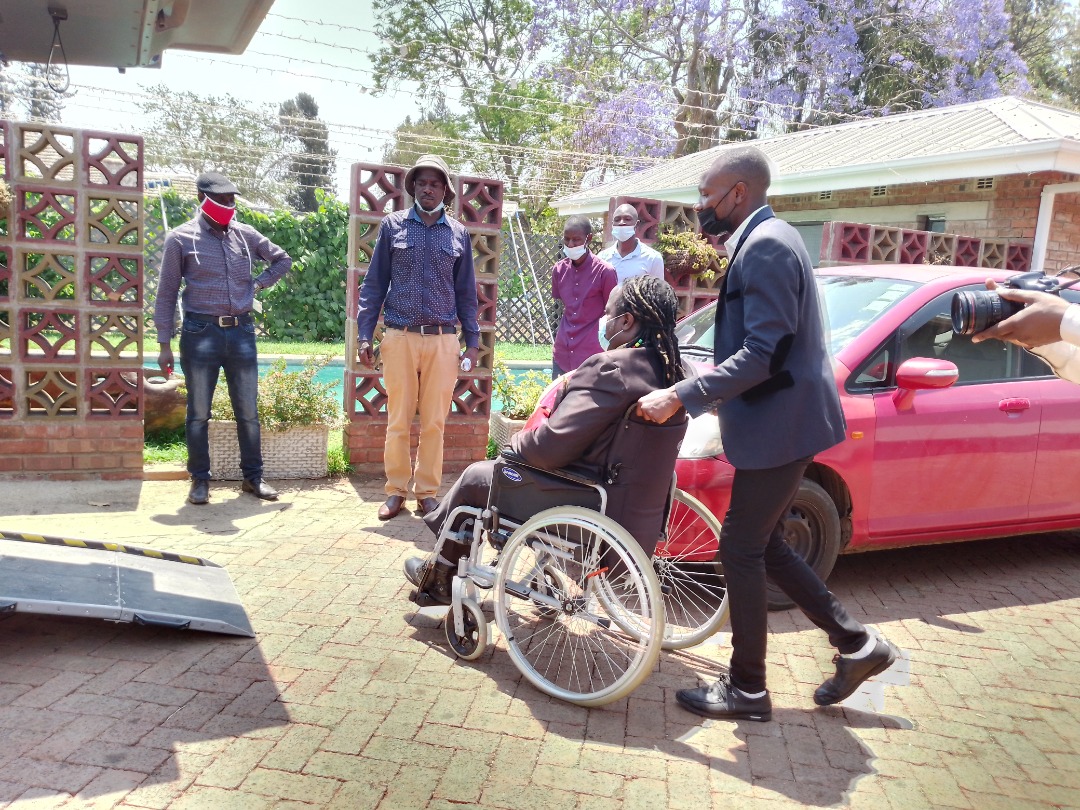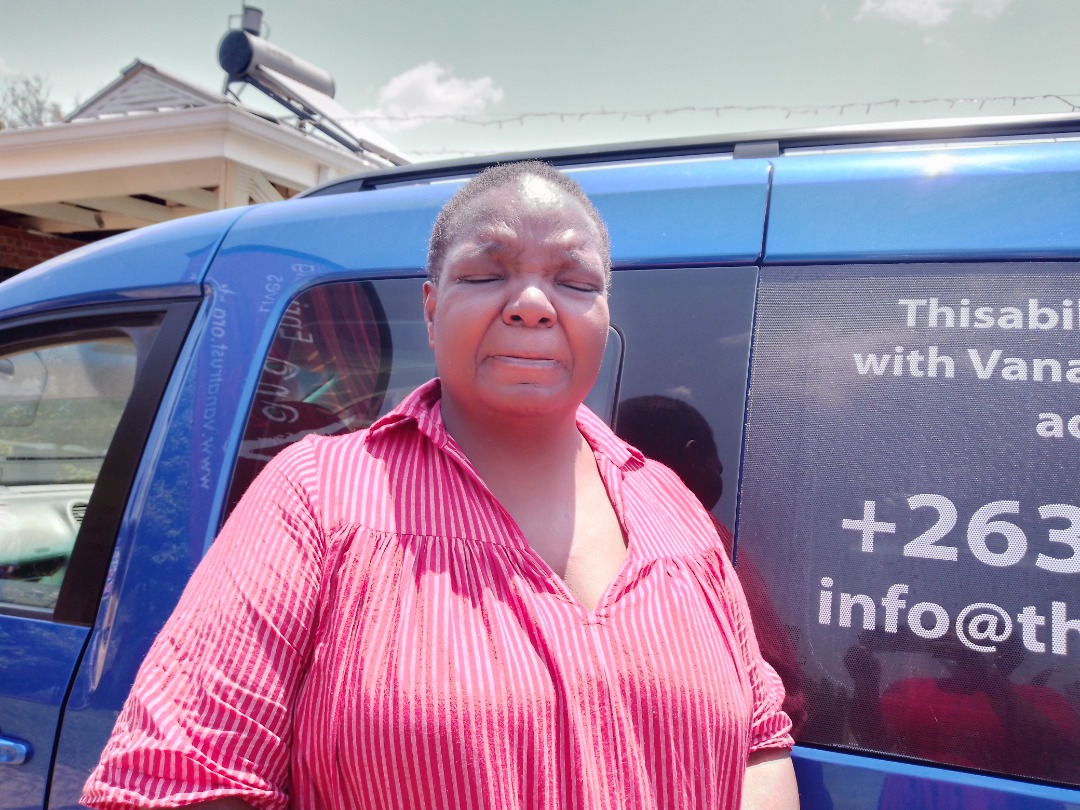|
Getting your Trinity Audio player ready...
|
Thisability Hub in collaboration with Vana Trust today launched an accessible Vaya Taxi Service – a first-ever highly technological taxi in Zimbabwe that will see many people with disabilities have an improved mode of mobility.
Special appreciation was extended to Cassava Smartech for helping in fulfilling the dreams of those with disabilities after it chipped in with the registration process of the Vaya Taxi Service.
Speaking at the launch, Mr. Tapiwa Tsikai the Director for Thisability Hub said the taxi is a big milestone to persons with disabilities who for long suffer in silence in all transport hustles especially during the Covid-19 pandemic where transport challenges are big due to the ban of some unregistered public transport operators who do not fall under Zupco among others.

“Today is a great day for us persons with disabilities because we have launched the first-ever, disability-friendly taxi which will see us travelling in comfort and with safety. The taxi has an area where a person with a disability can sit and there is no need for one to be manually lifted into the vehicle since everything is automatic. The wheelchair is tied on the back of the vehicle with safety belts and the person is wheeled inside without any hustles,” he said.
He said Zimbabwe is not very poor to the extent of refusing technology and he is happy that such kinds of developments are slowly coming into the country for the benefit of the marginalised communities.
“We don’t have to resist technology and we are glad that the Government of Zimbabwe through the ministry of transport and infrastructural development is very supportive and we hope to see many vehicles like this assisting persons with disabilities,” he said.
Speaking at the side-lines, Mrs. Nyasha Gwatidzo, the Founder of Vana Trust said his late husband was the one who used the taxi while they used to stay in London hence she decided to ferry it to Zimbabwe such that it can be used as a model that can help easy transport challenges among people with disabilities.

“Since the death of my husband the taxi has been lying idle in London and I just thought that it was going to be a great idea if I bring it here so that people with disabilities can be assisted in terms of transport and if the model is implemented more and more people will benefit,” she said.
In Zimbabwe, there are no current and definite comprehensive incidences and prevalence statistics of Persons with Disabilities at the moment. Planning for services without more current trends for children with disabilities is, therefore, a major challenge, compounded further by poor systems of routine data collection and management on the number of children receiving services.
According to the Ministry of Primary and Secondary Education Annual Statistical Report 2014, the prevalence of in-school children with impairments was 34,734. This figure increased to 52,232 in 2016 representing a percentage increase of around 50%.
Because of more than two decades of socio-economic challenges, many children living with disabilities in Zimbabwe are among the most marginalized and excluded groups of children.
Due to systems and environmental barriers including stigma and discrimination, PWDs are often excluded from mainstream health, education, legal support, and other social services.






